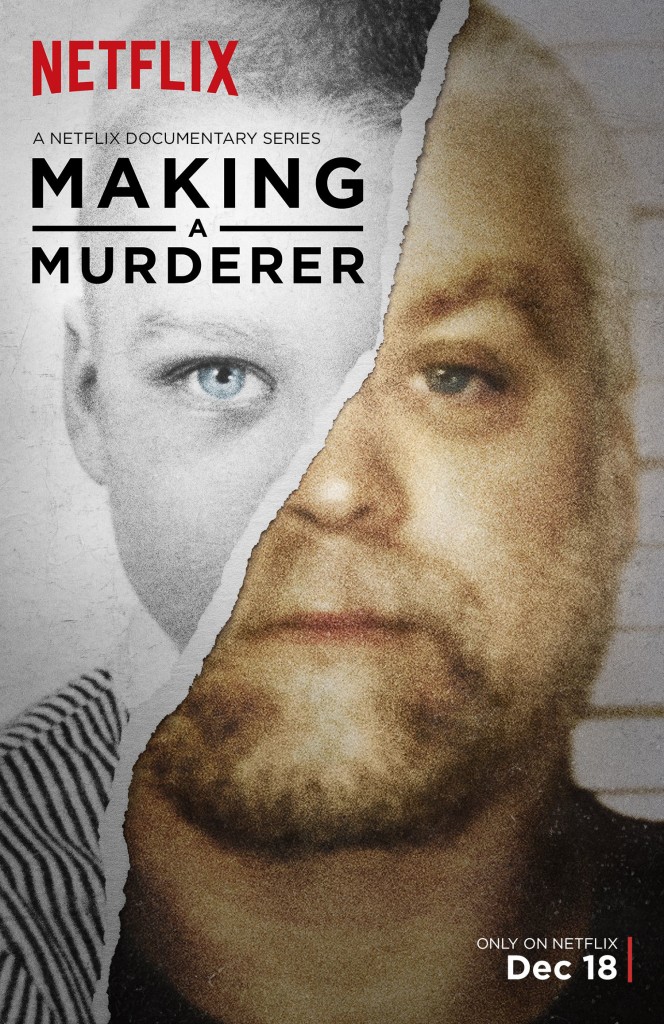
The departments of philosophy, political science and philosophy and rhetoric are co-sponsoring a discussion about the popular Netflix series, Making a Murderer.
The discussion is from 6:30-8:00 p.m. on Feb. 18 in the Great Hall in Tom and Brenda McDaniel University Center.
It will be led by a student panel.
“With the popularity of Making A Murderer, the idea of criminal injustice has been brought to the minds of many,” said Holly Randall, political science and spanish sophomore. “Hopefully the panel can shed some light into some of the problems identified in the show in a deeper way and they can learn about how to prevent these injustices.”
Making a Murderer follows Steven Avery, a man who spent 18 years in prison for a sexual assault crime he didn’t commit. He filed a lawsuit after being released, but shortly after was convicted of murder.
“You might watch Making a Murderer and have the reaction that this case was handled in a very unfair way,” said Dr. Scott Davidson, chairman of the philosophy and rhetoric department. “But what we want to add is deeper insight into the roots of this. We might assume that this is the result of a few bad people who are out to get revenge against someone, but the truth is that the roots of unfairness go back to how our minds work and how we process information.”
The discussion will not only discuss the Steven Avery case but also offer deeper insight into the problems in our justice system. Each presenter will focus on a specific issue that leads to bias and unfairness in the legal system.
Some of the issues being discussed are jury bias, interrogation techniques, eyewitness testimony and problems surrounding plea bargains.
It is not necessary to have watched the documentary to attend the discussion. Anyone will be able to relate to the topics discussed, Davidson said.
Much of the discussion surrounding Making a Murderer has been over whether Avery was guilty or not. Davidson said he believes we should be focusing our attention elsewhere.
“I don’t think that the question of guilt is the real issue in the Avery case,” he said. “The question to me is about process and whether the processes were followed fairly. And more generally, as a philosopher, it is a question of whether the processes of our legal system are designed in such a way that they lead to the discovery of the truth or not. Do we want to determine whether or not people are guilty? Or do we want to discover the truth?
“My view is that we need to reform our court system so that it is designed to become a space for the discovery of truth, rather than for the determination of guilt. There’s an important difference between the two.”


Leave a Reply